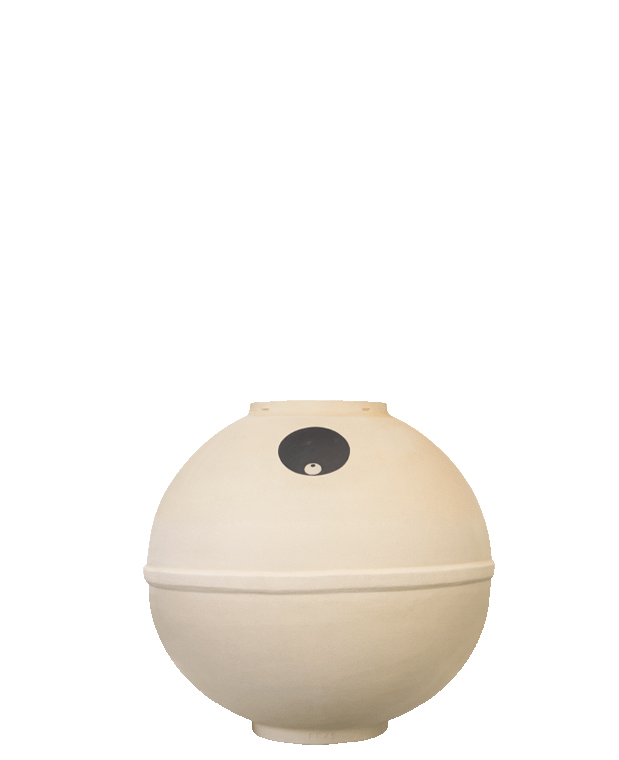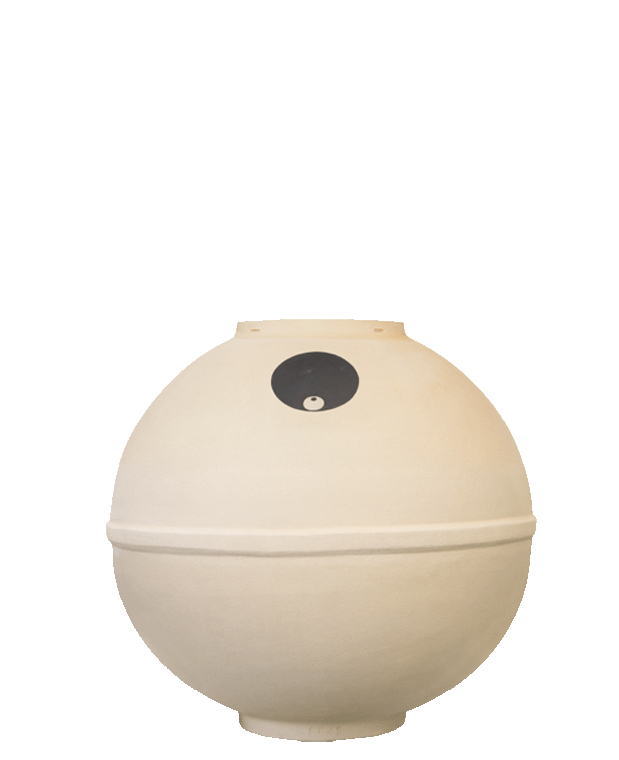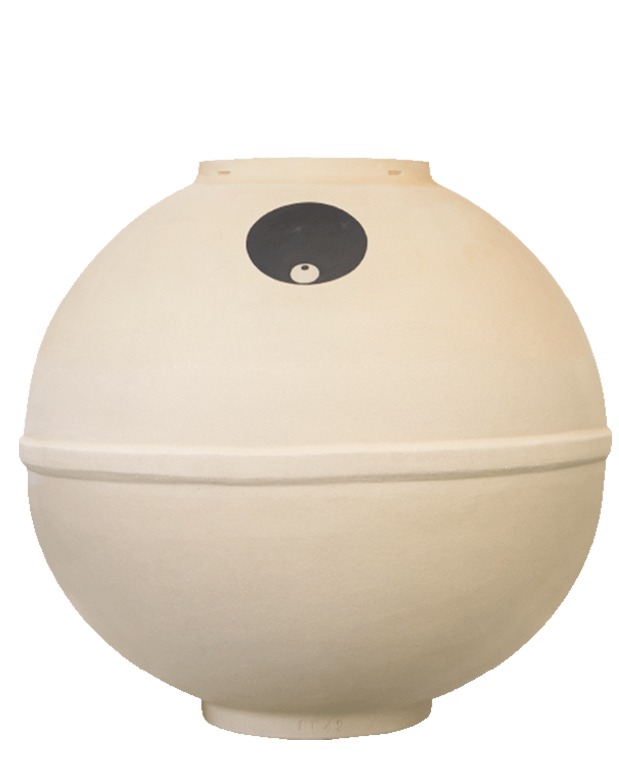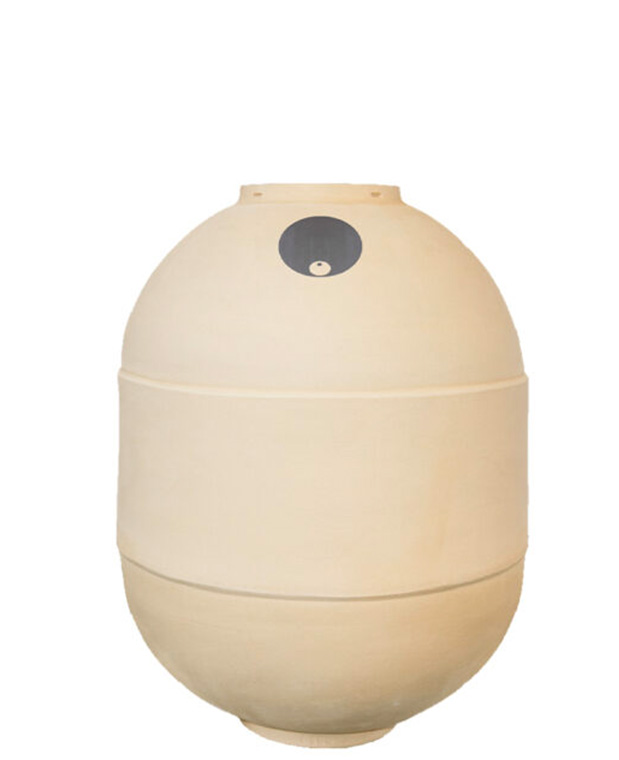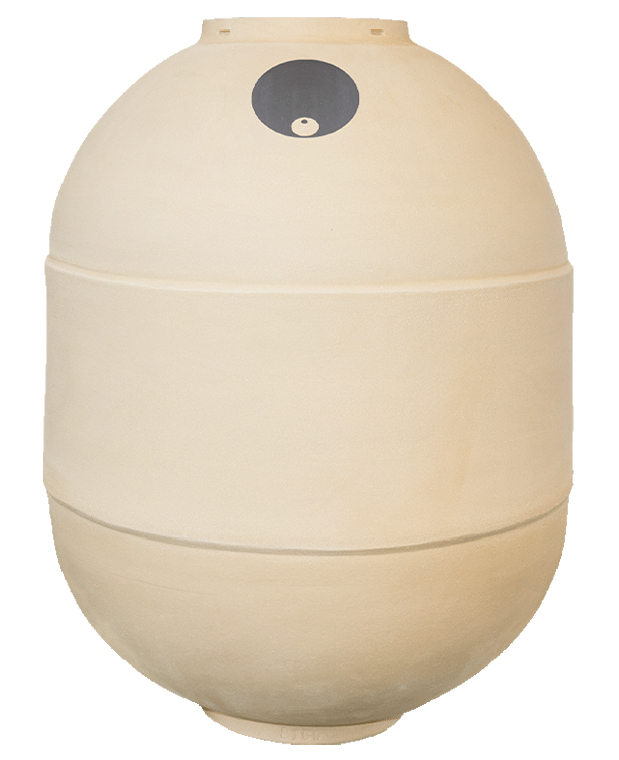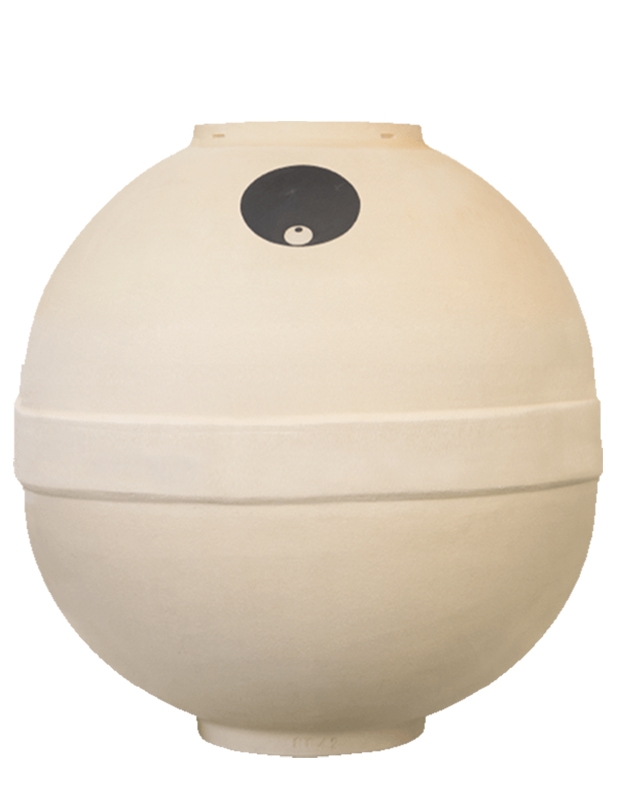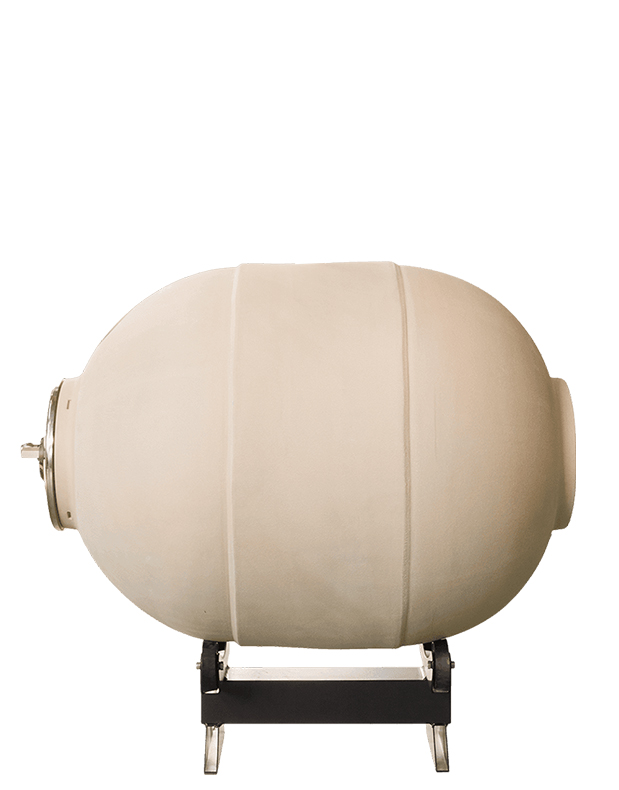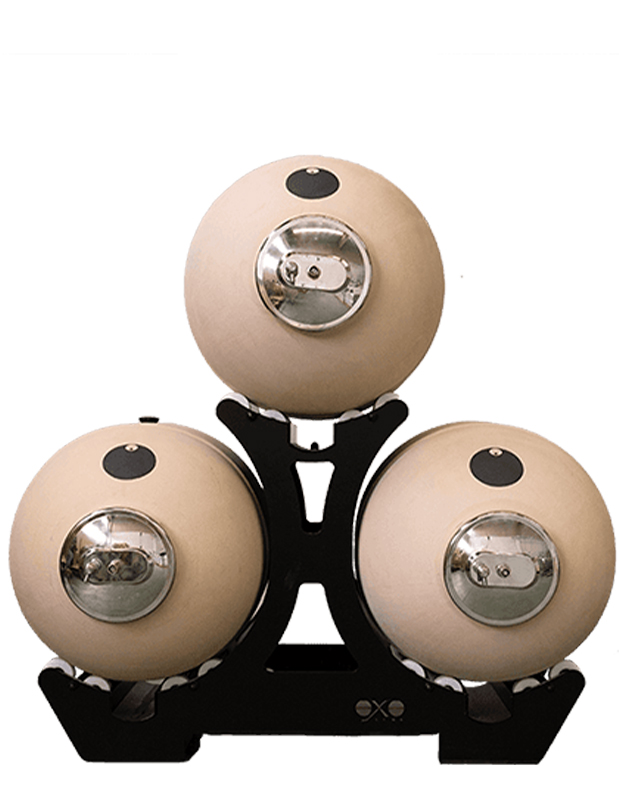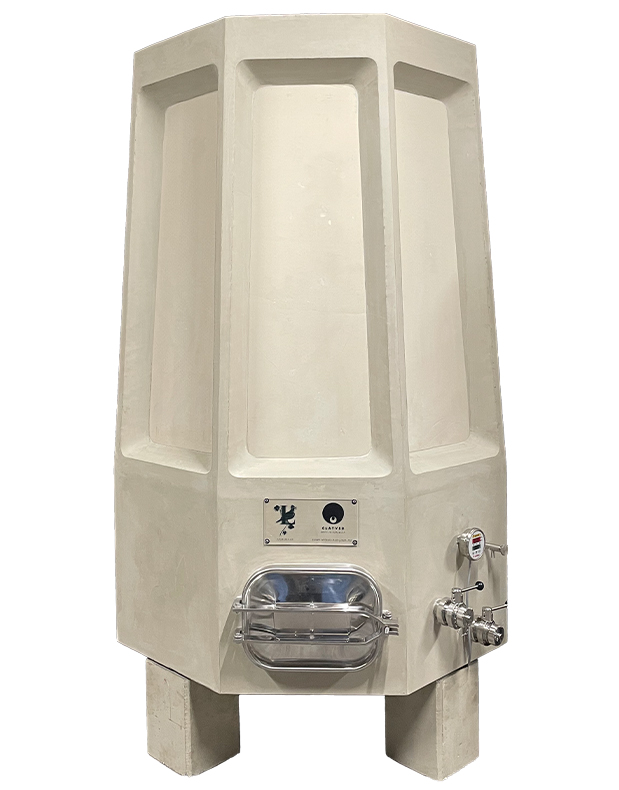Clayver: innotion, technology and tradition.
Precision and scientific verification of materials.
Clayver is a ceramic container designed specifically for winemaking, including in this definition fermentation, preservation and refinement of the product. It is the result of a long work of research and experimentation.
All containers are produced by us, under our direct supervision, from raw materials that we carefully select from the best suppliers, to ensure uniformity and consistency in the final product.
Why stoneware?
The ceramic stoneware is a homogeneous material, together with the considerable resistance to compression, there is a good resistance to flex-traction, considering the stone nature, and a high hardness.
We are champions
of traceability

- Ceramics certified for food use
- Controlled porosity
- Patented hermetic closure
- High thermal inertia
- Easy cleaning
Clayver stoneware material
Thanks to traceability and certifications, Clayver stoneware is a guaranteed material.
Clayver ceramic wine barrels are made of a particular homogeneous and compact natural ceramic stoneware. This material is similar in many aspects to a natural granite: it is impermeable to liquids and therefore it does not need any precaution in order to avoid evaporation.
The intrinsic microporous structure of the ceramic material can allow a gaseous exchange with the outside of the container but only in limited quantities and on very long time scales. The container is therefore also suitable for long aging.
Clayver is a clever choice. It is distinguished by the use of excellent materials and a production system that guarantees the repetitive quality of moulding.
Clayver’s added values
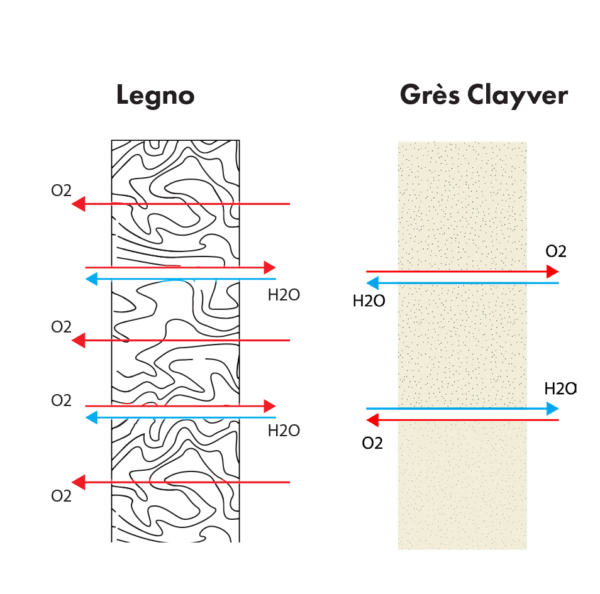
- The use of an excellent material
- A reliable production system that guarantees repetitive
quality forming - Traceability through the archive of coded samples;
- Periodic laboratory analysis
- Machinery built by the company itself that guarantees, through technique and manual skill
- Special surface finishes
- Quality control of the product.
Typical technical data
for Clayver stoneware
- Oxygen distance in O₂ 121 pm
- Oxygen-hydrogen water molecule distance 95.84 pm
- Water molecule hydrogen distance 152.50 pm
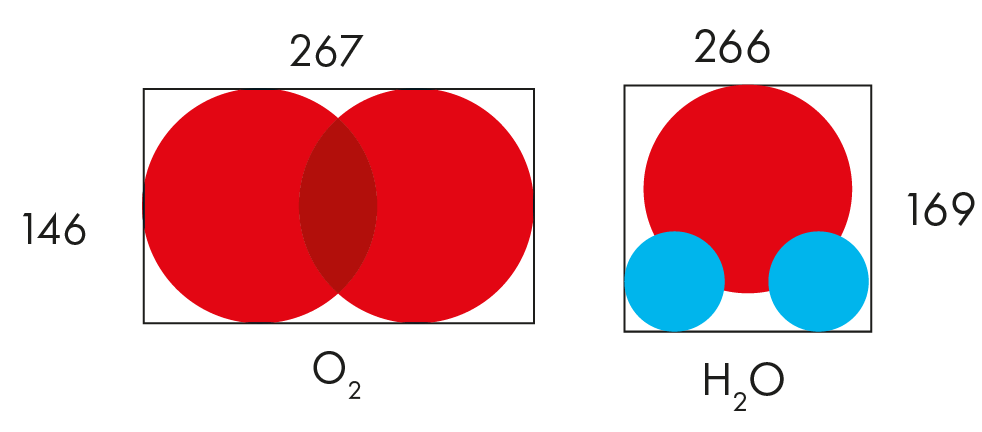
Focus on the porosity of Clayver stoneware in relation to a fluid molecule
- Oxygen covalent radius 73 pm
- Covalent radius hydrogen 37 pm
- Water molecule angle 104.45°
Material features
- Open porosity
- Bulk density 2.34 g/cm³
- Average pore diameter 0.04 μm
- Constrictibility 0.76
- Permeability 4.6 ∙ 10-¹⁸ m² .
- Hydraulic conductivity 2.50∙ 10-¹¹ m/s
- Water absorption 2.1%
- Hydraulic loss (initial) 0.0035 l/h
- Flow O2 standard type 5mg/liter/year
type O+ 13mg/litre/year



